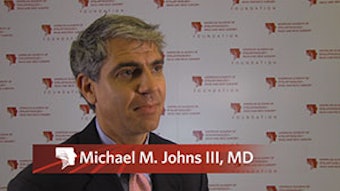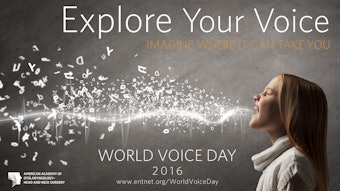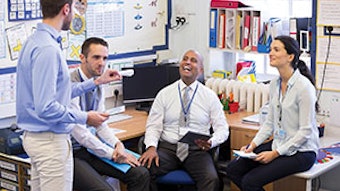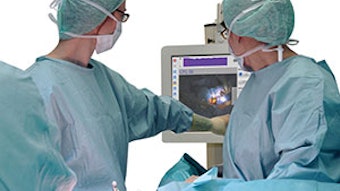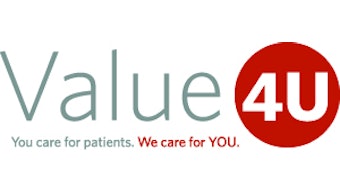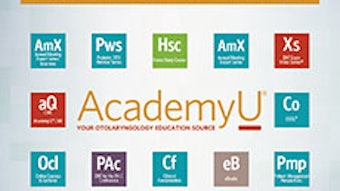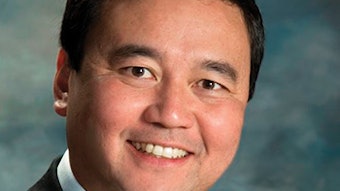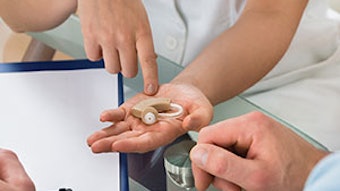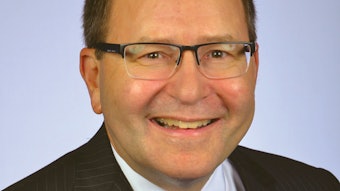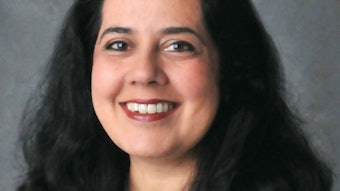Vocal tips to ‘explore’
Vocal conditions arise from a variety of sources including vocal overuse or misuse, cancer, infection, or injury. Here are some tips to keep your voice healthy as you “explore your voice” through life.
By Amanda Hu, MD, for the AAO-HNS Voice Committee

Vocal conditions arise from a variety of sources including vocal overuse or misuse, cancer, infection, or injury. Here are some tips to keep your voice healthy as you “explore your voice” through life.
- As you jog along the journey of life, try to maintain a healthy lifestyle. This includes exercise, eating healthy, and getting adequate sleep.
- When you pass by a clean water source, stop to take a drink. It is important to keep yourself well hydrated. Your body needs about six to eight glasses of water daily to maintain a healthy voice. This water consumption optimizes the throat’s mucous production and aids vocal fold lubrication.
- If you pass by a bistro or concession stand, don’t drink an excessive amount of coffee, tea, soda, or alcohol. These drinks all dehydrate the body and dry out your vocal folds. These drinks will also worsen acid reflux.
- When you approach a fork in the road (or at any time), decide not to smoke! If you are already a smoker, then decide to quit. Smoking can lead to lung or throat cancer. Primary and second hand smoke can cause significant irritation and swelling of the vocal cords. This will permanently change your voice quality.
- Before you start on your journey, remember to warm up your voice. You should warm up your singing voice and speaking voice before heavy voice use. Warm-ups can be simple, such as gently gliding from low to high tones on different vowel sounds, doing lip trills (like the motorboat sound that kids make), or tongue trills.
- If your path gets rocky or you encounter significant background noise, don’t try to talk over it. Do not abuse or misuse your voice. Avoid habitual yelling, screaming, or cheering. Try not to talk in loud locations. If you routinely need to speak in a loud environment or give a long speech, consider a vocal amplification system such as a microphone.
- Take a deep breath of fresh clean air and use good breath support when speaking. The lungs are the power behind the voice. Don’t wait until you are almost out of air before taking another breath to power your voice.
- Obey the signs on the road and listen to the signs from your body. If your voice is complaining to you, listen to it. Modify and decrease your voice use if you become hoarse in order to allow your voice to recover. Pushing your voice when it is already hoarse can lead to significant problems.
If your voice is hoarse frequently, or for an extended period of time, you should be evaluated by an otolaryngologist (ear, nose, and throat physician). There are many medical conditions that can cause hoarseness, such as infections, reflux, overuse, and cancer.
